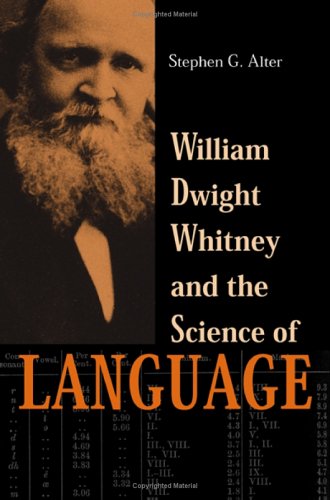

Most ebook files are in PDF format, so you can easily read them using various software such as Foxit Reader or directly on the Google Chrome browser.
Some ebook files are released by publishers in other formats such as .awz, .mobi, .epub, .fb2, etc. You may need to install specific software to read these formats on mobile/PC, such as Calibre.
Please read the tutorial at this link: https://ebookbell.com/faq
We offer FREE conversion to the popular formats you request; however, this may take some time. Therefore, right after payment, please email us, and we will try to provide the service as quickly as possible.
For some exceptional file formats or broken links (if any), please refrain from opening any disputes. Instead, email us first, and we will try to assist within a maximum of 6 hours.
EbookBell Team

4.1
70 reviewsLinguistics, or the science of language, emerged as an independent field of study in the nineteenth century, amid the religious and scientific ferment of the Victorian era. William Dwight Whitney, one of that period's most eminent language scholars, argued that his field should be classed among the social sciences, thus laying a theoretical foundation for modern sociolinguistics.
William Dwight Whitney and the Science of Language offers a full-length study of America's pioneer professional linguist, the founder and first president of the American Philological Association and a renowned Orientalist. In recounting Whitney's remarkable career, Stephen G. Alter examines the intricate linguistic debates of that period as well as the politics of establishing language study as a full-fledged science. Whitney's influence, Alter argues, extended to the German Neogrammarian movement and the semiotic theory of Ferdinand de Saussure.
This exploration of an early phase of scientific language study provides readers with a unique perspective on Victorian intellectual life as well as on the transatlantic roots of modern linguistic theory.